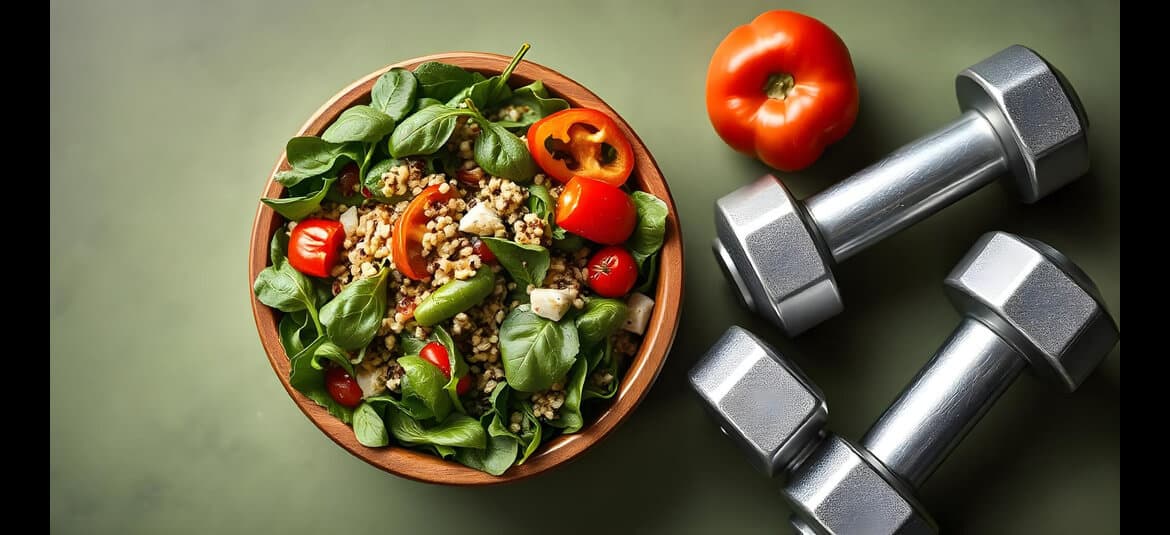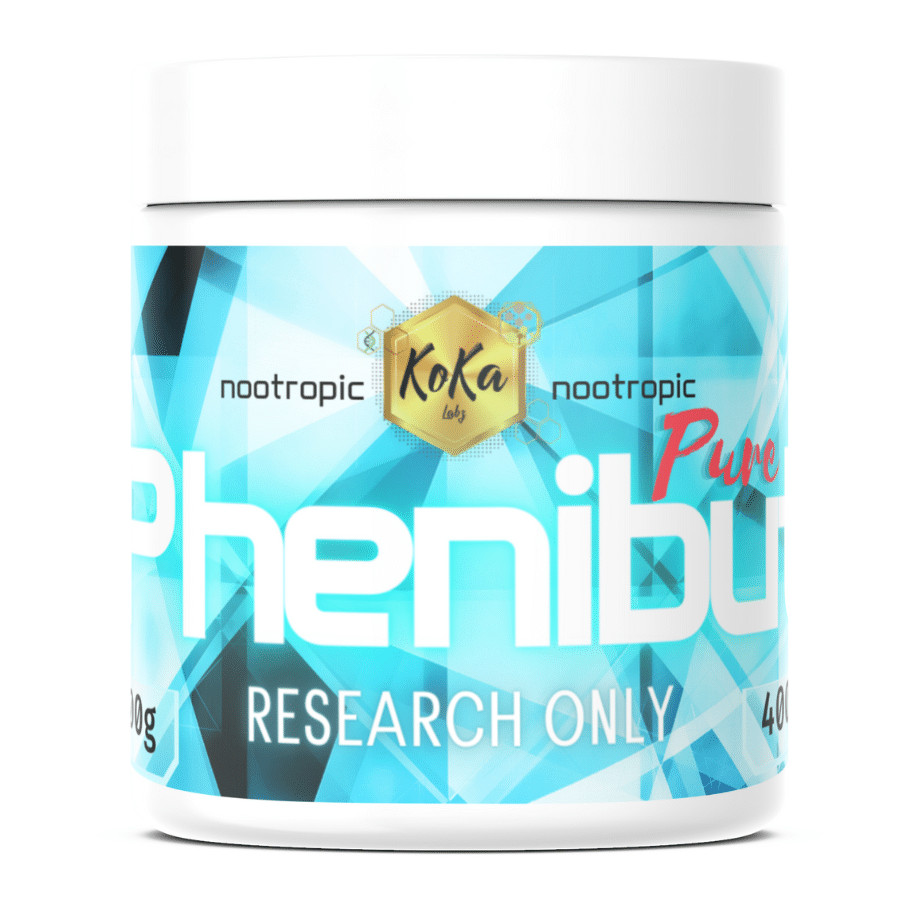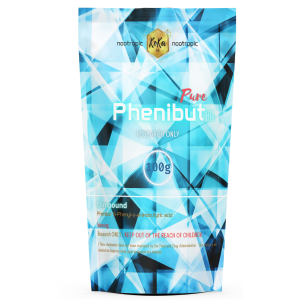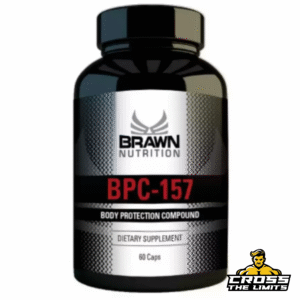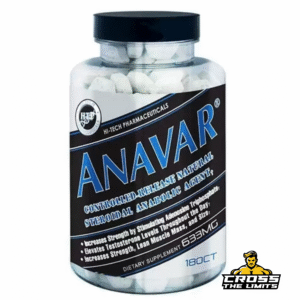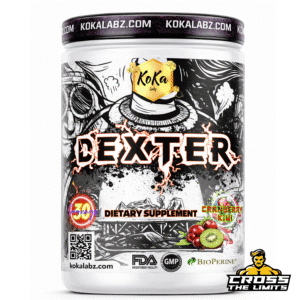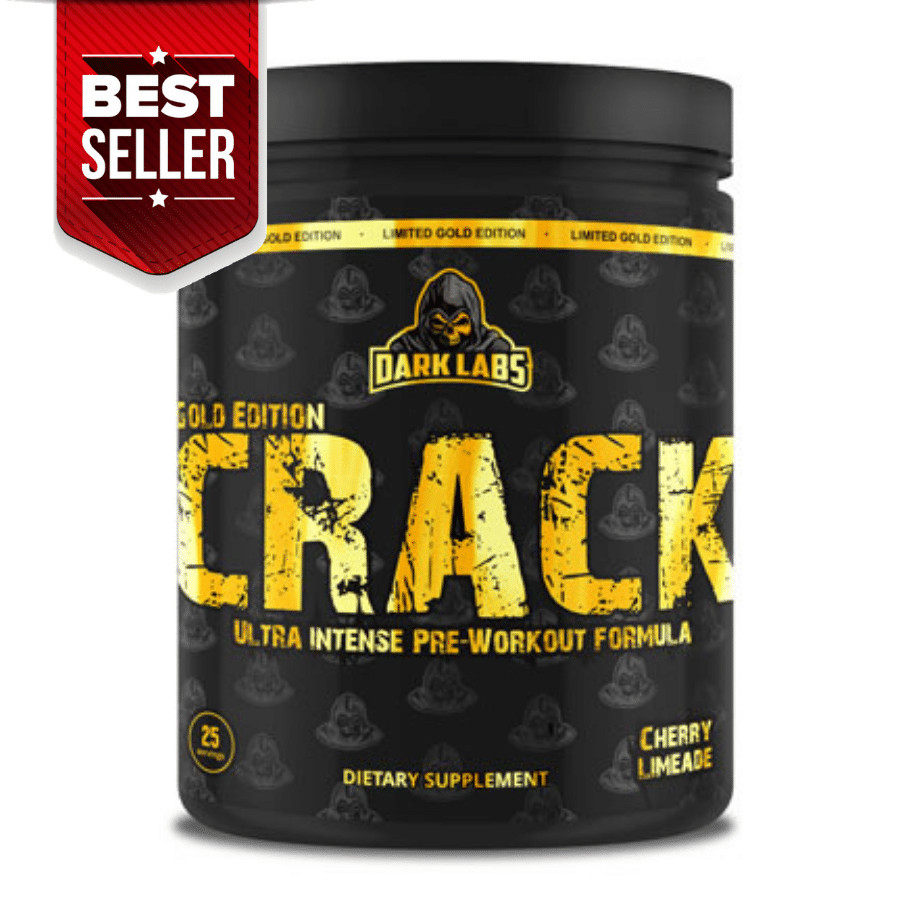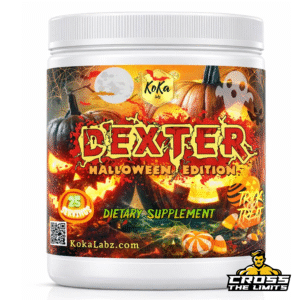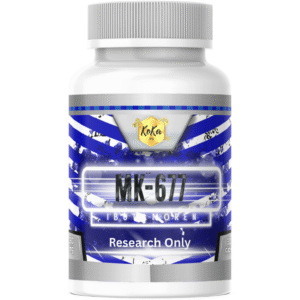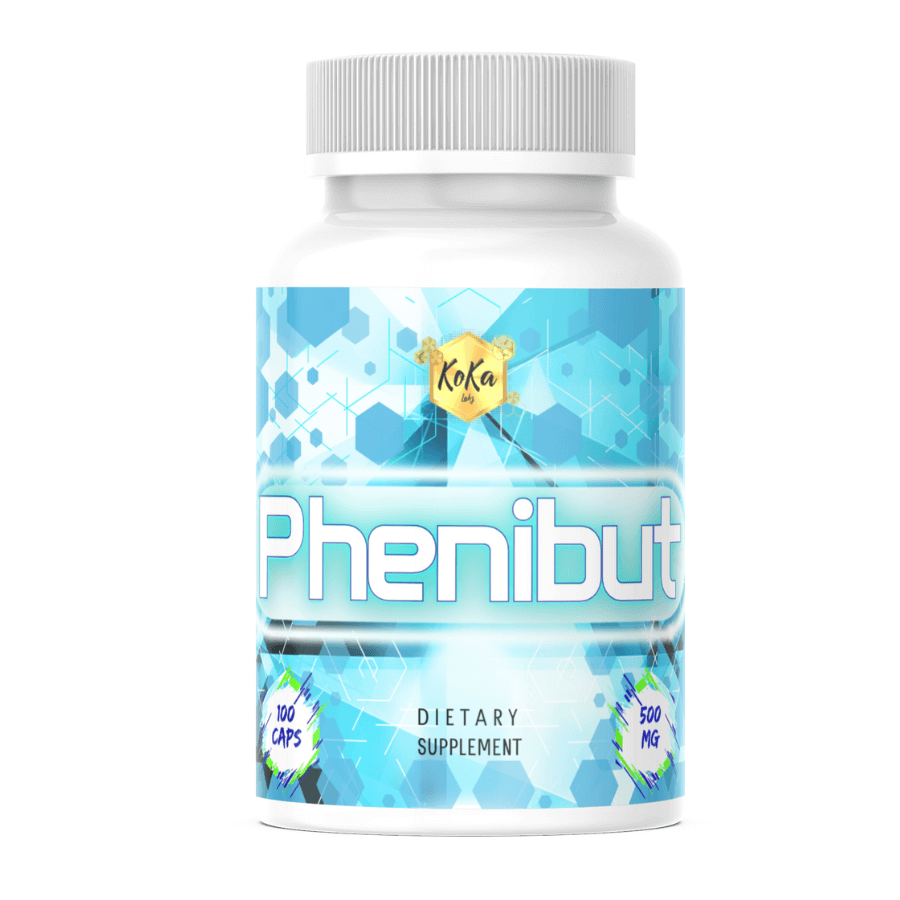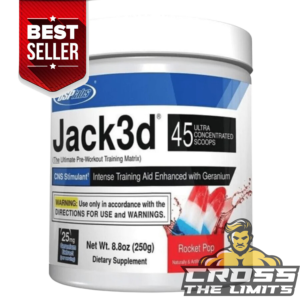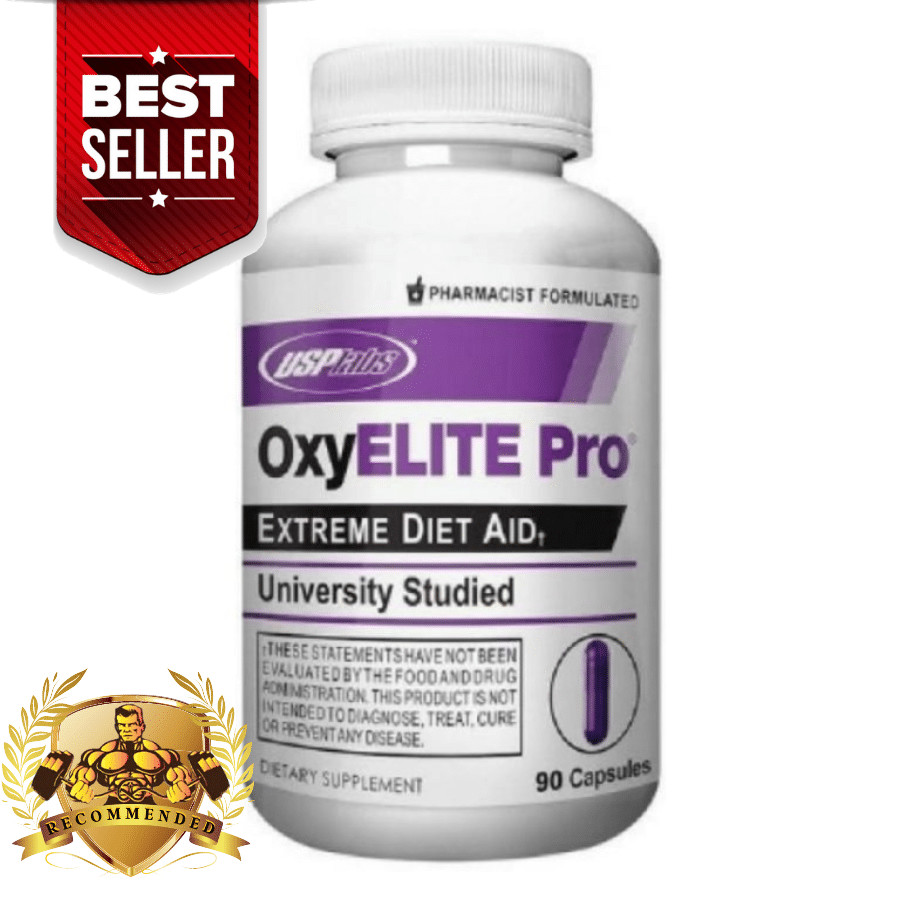If you’re serious about building muscle, your nutrition plan is just as important, if not more, than your workout routine. Muscle growth happens when the body is in an anabolic state, which is best achieved with the right nutritional strategy. The foods you choose, the macronutrient composition, meal timing, and even what you avoid can all impact your gains. In this guide, you’ll learn how to master your diet to fuel muscle growth, speed up recovery, and stay lean.
Why Nutrition Is the Cornerstone of Muscle Gain?
Strength training tears down muscle fibers; nutrition rebuilds them stronger and bigger. If you don’t provide your body with the necessary building blocks: protein, amino acids, calories, vitamins, and minerals, muscle repair and growth cannot happen efficiently. In fact, even a perfect training plan can yield disappointing results if your nutrition isn’t supporting your goals.
What Should You Eat to Build Muscle?
1. Prioritize Protein at Every Meal
Protein is the king when it comes to building muscle. Not only does protein supply essential amino acids for muscle repair, but frequent, high-protein meals stimulate muscle protein synthesis throughout the day. Animal-based proteins such as lean chicken, turkey, beef, eggs, and fish deliver a full spectrum of amino acids, especially leucine, which is key for kicking off muscle building. Plant-based options like lentils, beans, tofu, tempeh, and edamame are also effective when consumed in ample amounts. Read more about: protein supplementation.
Aim for a daily intake of 1.6-2.2g per kilogram of body weight, divided into three to five meals. This amount supports maximal muscle protein synthesis, regardless of whether you’re new to training or a seasoned athlete. Don’t skip protein at breakfast or before bed; these are prime opportunities to stimulate muscle growth.
2. Embrace Carbohydrates
Carbs aren’t your enemy, especially when you train with intensity. Carbohydrates replenish glycogen, your muscles’ primary source of energy during exercise, and help your body use protein for rebuilding instead of fuel. Go for slow-digesting, whole-food carbs like brown rice, sweet potatoes, oats, quinoa, and whole-grain breads. Fruits and vegetables should also feature prominently for their rich supply of vitamins, minerals, and antioxidants, all supporting muscle recovery and immune health.
3. Don’t Be Afraid of Healthy Fats
Healthy fats are vital for hormone production, including anabolic hormones like testosterone and growth hormone. Include omega-3-rich fatty fish (like salmon and mackerel), avocados, olive oil, nuts, and seeds in your meal plan. These not only fuel recovery but also keep your joints and metabolic health in top condition.
4. Strategic Use of Supplements
While a food-focused approach is best, some science-backed supplements can help optimize gains. Whey and casein protein powders are convenient sources of high-quality protein. Creatine monohydrate is the most researched and effective supplement for boosting muscle mass and strength. Omega-3s, vitamin D, and leucine-rich essential amino acids can all support recovery and maximize anabolic signaling.
What to Avoid to Maximize Muscle Building
1. Ultra-Processed Foods and Sugary Items
Highly processed foods, sugary snacks, and sodas may offer calories but add little value in terms of muscular growth. They lack key micronutrients and often include excess sodium, trans fats, and preservatives, which can undermine health and recovery. See: Why healthy food is more expensive than processed food.
2. Alcohol
Drinking regularly, even in moderation, suppresses muscle protein synthesis and disrupts hormonal balance. It also leads to dehydration and impairs your muscles’ ability to recover and grow after intense workouts.
3. Eating Too Little, Especially While Training Hard
Muscle building requires a slight calorie surplus. Chronically undereating or following crash diets might result in weight loss, but that won’t be the lean, sculpted muscle you’re after. If you’re not gaining muscle, check your calorie and protein intake first.
4. Skipping Meals or Missing Protein at Breakfast or Before Bed
Every meal is an opportunity to stimulate muscle growth. Skipping meals, especially after a workout or overnight, can lead to increased breakdown rates and suboptimal recovery. Consuming protein before sleep helps maintain a positive protein balance overnight.
5. Overreliance on “Muscle Gainer” Junk Foods
While extra calories are needed to grow, relying on high-sugar, low-nutrition “mass gainer” shakes or junk food isn’t ideal. Seek out whole foods for your calorie surplus and use supplements only when you genuinely need nutritional support.
Bonus Tips for Building Muscle with Nutrition
- Stay hydrated. Dehydration can stunt performance and delay recovery.
- Distribute protein evenly across meals. Don’t “save” it all for dinner.
- Prioritize recovery with both sleep and slow-digesting protein at night.
- Track your progress. Monitor weight, muscle measurements, and adjust intake as needed.
- Supplement wisely. Stick to evidence-backed choices.
In summary
The right nutrition for building muscle is a holistic, balanced approach: eat enough high-quality protein, embrace clean carbs and healthy fats, supplement intelligently when necessary, and avoid dietary pitfalls that can sabotage your gains. Remember, food is the fuel and building block for every rep, set, and new muscle fiber you add. Eat smart, train hard, and watch your physique transform.
